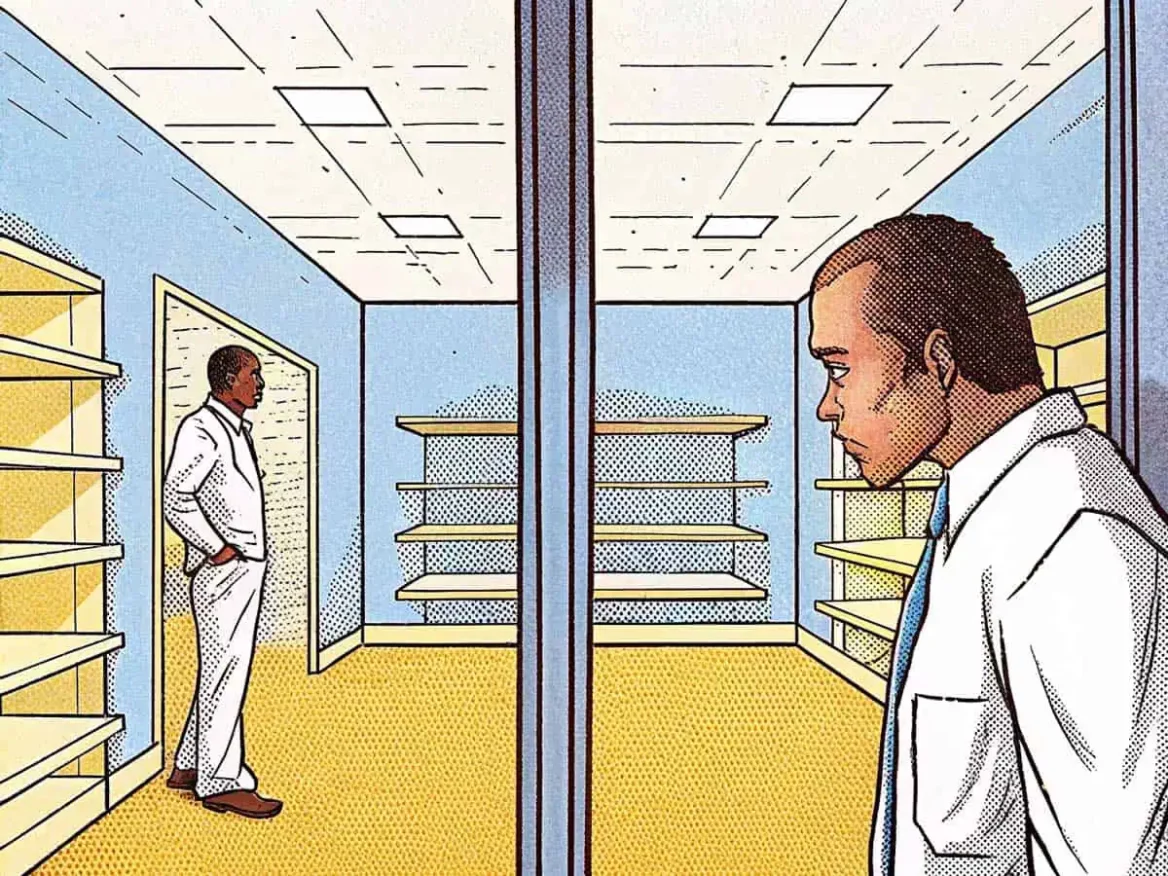Bankruptcy is often a hard blow for entrepreneurs, but what happens to intellectual property rights in such a situation? This article explores the impact of bankruptcy on IP rights and the trustee’s responsibilities.
A curfew was announced in the Netherlands on 21 January 2021. Corona measures were tightened, and the extra cost to the government amounted to €7.6 billion, according to minister Hoekstra. Still, many entrepreneurs could not avoid defaulting on their payment obligations. For some, it meant the end of their life’s work. But in such a situation, what happens to their intellectual property rights?
IP rights: a unique property right
In Dutch law, IP rights do not fall under property as physical objects do. They are considered property rights according to Article 3:6 of the Civil Code. This makes them special, as the law was originally written for classic rights such as claims. The result: applying these rules to IP rights is often tricky.
There has long been talk of a new volume in the Civil Code, Book 9, to fill this gap. This book would specifically address IP rights, including within bankruptcy. To date, however, this plan has not been implemented. As a result, we rely on Procedural law for clarity on IP rights during bankruptcy.
The position of IP rights in bankruptcy
In principle, IP rights survive bankruptcy and remain the property of the bankrupt. The trustee can sell these rights to pay creditors. With licences, however, things get more complex.
A licence agreement usually continues to exist unless the contract explicitly states that it expires in case of bankruptcy. The liquidator must honour the agreements, such as paying a licence fee. On the licensor’s side, however, the liquidator often wants to get out of obligations. The question is: is this allowed just like that?
Procedural law on licences and bankruptcy
The Supreme Court has ruled several times on this question. The Nebula judgment (2006) ruled that a liquidator may actively default on long-term contracts, including licence agreements. This means that a receiver can stop obligations. Later, this was nuanced. In the Berzona judgment (2014), the Supreme Court ruled that a licence agreement may not be terminated during bankruptcy. Also, the licensee should not be prevented from using the IP rights.
In 2018, the Supreme Court even went a step further in the Administrators/Landlord judgment. If the receiver ignores obligations under a licence agreement, he can be held personally liable. This means that a liquidator must be very careful with existing licence agreements.
Conclusion, according to Good Law: diligence is crucial
IP rights remain a complex and sensitive issue even during bankruptcy. Licence agreements must be respected, and trustees who fail to comply risk damages claims. Although there is increasing Procedural law providing direction, this remains a challenging area. The long-awaited introduction of Book 9 of the Civil Code could provide more clarity. Until then, it is important for trustees and licensees to properly map out their rights and obligations.


